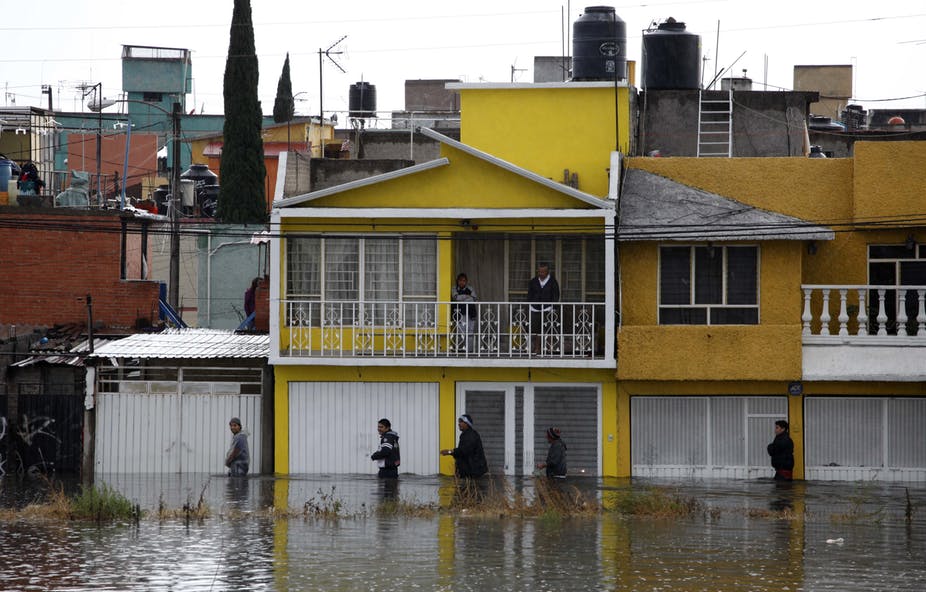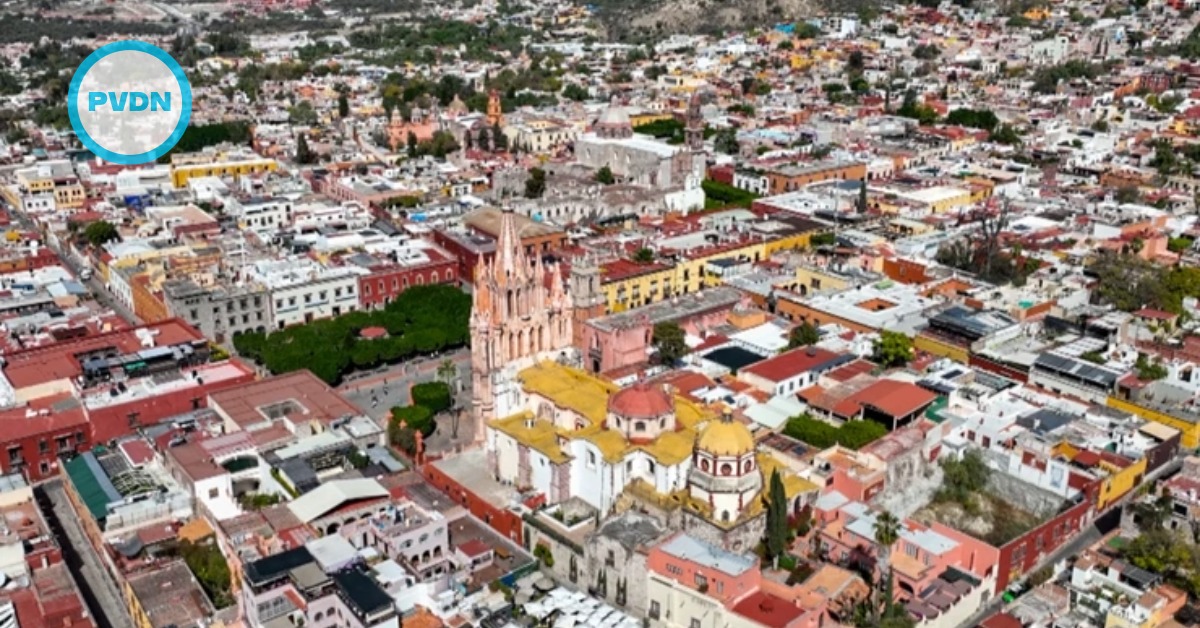When Cape Town acknowledged in February that it would run out of water within months, South Africa suddenly became the global poster child for bad water management. Newspapers revealed that the federal government had been slow to respond to the city’s three-year drought because the mayor belongs to an opposition party . . .






